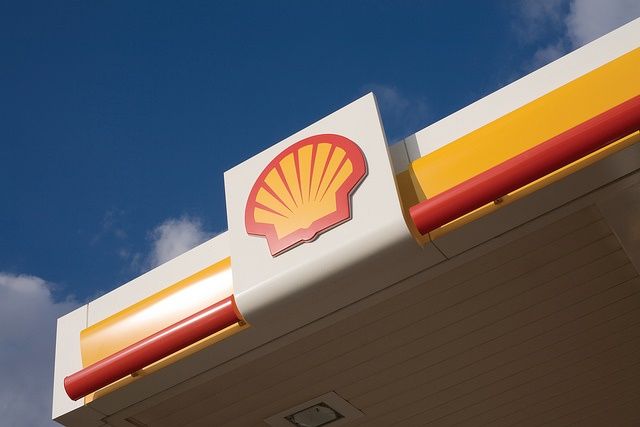Royal Dutch Shell’s plans to link its carbon emissions to executive pay were welcomed broadly by investors this week.
The announcement follows years of lobbying by retail and institutional investor groups, and coincided with the start of the United Nations’ Framework Convention on Climate Change (COP24) – a two-week-long conference in Poland, running until 14 December.
In a lengthy statement released on Monday, Shell said it would establish a “link between energy transition and long-term remuneration,” if approved by a shareholder vote at its annual general meeting in 2020.
If approved, it will mean that the company will monitor its net carbon footprint through several metrics over a three or five-year period, with the targets for each period being set on a rolling annual basis. The final plan design will be agreed with shareholders.
Significantly, the announcement was labelled a “joint statement” with a host of investors and asset managers. The names cited included the Church of England Pensions Board and the UK Environment Agency Pension Fund.
Industry figures reacting to the announcement noted that the targets set were relatively “short-term” although most were generally positive on the initiative. Among them, was Insight Investment’s Josh Kendall, a senior ESG analyst, who said this bold move set Shell apart from several of its competitors.
“Shell has just announced that it is setting carbon reduction targets for the first time. It is the first oil company to do so,” he said. “Even though its targets are short-term, they will still mean that Shell makes a greater investment in reducing its output.
Kendall said that the move was broadly positive for Shell and said that investors would likely benefit from the decision.
In October, ESG Clarity highlighted research from Schroders which found that a threefold increase in the cost of carbon credits had done little to encourage the world’s biggest oil producers to change tack. The fund group’s quarterly Climate Progress Dashboard highlighted that major oil groups had been investing once more in traditional oil and gas activities in recent months.
Concerns about the pace of change at the major oil producers persist among many investor groups, particularly given warnings from UN scientists that there are still no signs that climate change is starting to slow.
Follow This – a group that has been campaigning for changes to Shell’s approach for several years – filed its fourth climate resolution last week, on behalf of 4,200, largely-retail, shareholders, in which it called on shareholders to commit to aligning its targets with the Paris Climate Agreement.
The Paris Climate Agreement aims to keep the global temperature rise during this century below two degrees Celsius above pre-industrial levels.
“Once Shell have truly committed themselves to the Paris Climate Agreement and aligned their targets with it, the company can back up their words with concrete actions, and invest in the energy of the future,” said Mark van Baal, founder of Follow This.
“To do so, Shell needs the support of their shareholders, which they can give by voting for our climate resolution in 2019.”
The number of calls for companies and governments to do more to honour the two degree commitment have been escalating, amid concerns that insufficient progress has been made to date. Figures from the UN’s Environment Programme show that CO2 emissions remained roughly the same between 2013 and 2016, but increased once more in 2017.
Lise Moret, head of ESG Quantitative Solutions at Axa Investment Managers explained that the majority of G20 countries are still not on track to meet their domestic targets – or NDCs – by 2030.
“Based on an assessment of current policies, around half of G20 members fall short of achieving their unconditional NDCs,” she said.
“We find these commitments on emission reductions are not sufficient to bridge the emissions gap by 2030. Current NDCs – if implemented – will still mean global temperature rises of just under four degrees.”
Investors say that oil and gas companies are the key to achieving these reductions and are therefore pushing for further action. Follow This founder Mark van Baal says its essential that investors continue to push companies on their obligations.
He concludes: “The oil and gas industry can make or break the Paris Climate Agreement. We therefore continue to support oil companies to commit to Paris.”








